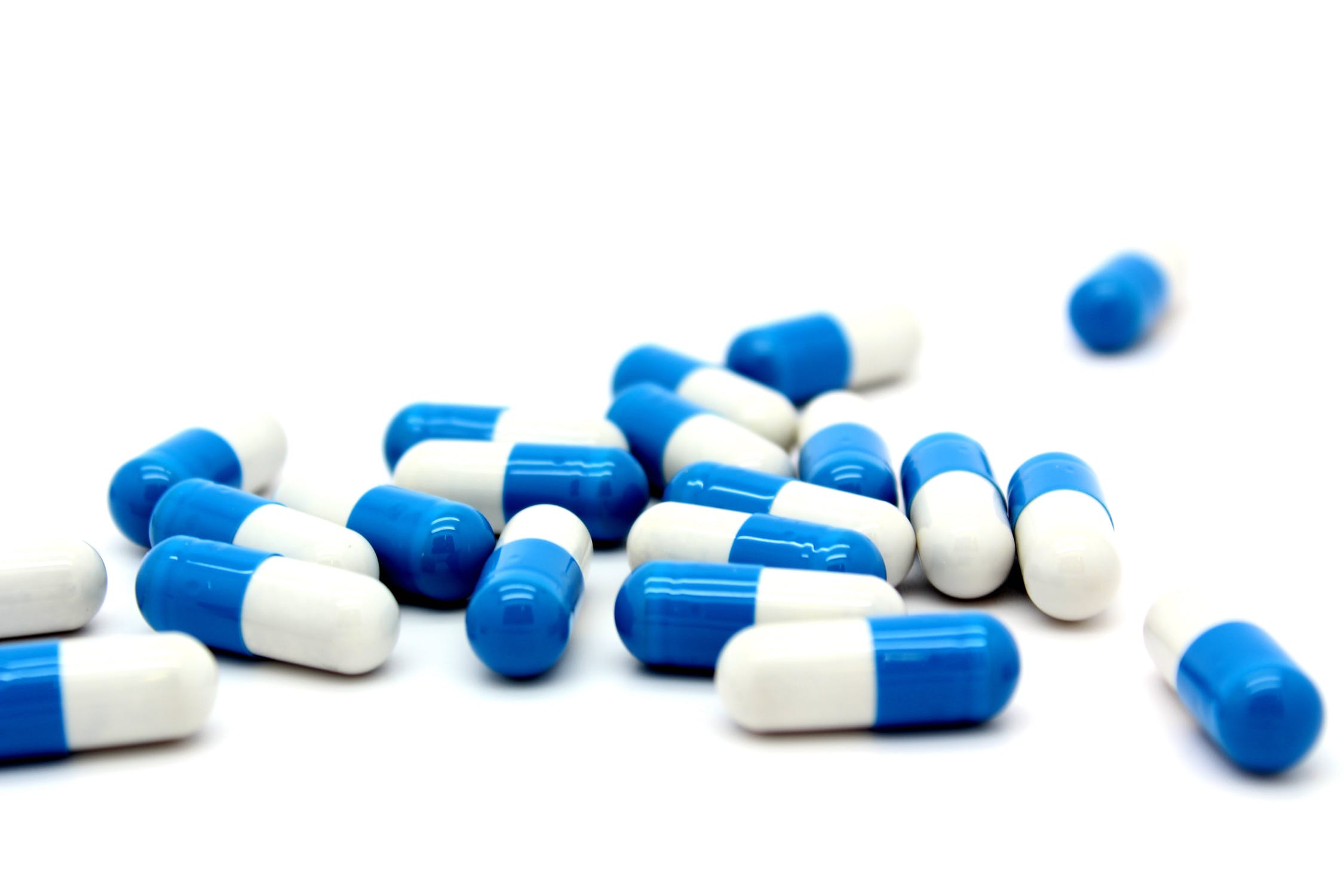
The opioid crisis has escalated into an epidemic, and this problem is most likely going to get worse in the coming years. Over 100 Americans die from opioid-related drug overdoses every single day, and many of those people are legitimate patients who only want some pain relief. If you have recently been injured or had a surgical procedure carried out, then you need to start taking some steps to avoid a life-altering addiction to your medication.
Early Warning Signs of an Opiate Addiction
Every addiction is slightly different, but there are a few common early warning signs that you and your loved ones should keep an eye out for. As you develop a tolerance to opiates, you might feel a need to take a few extra pills every day or mix your pills with other powerful substances such as alcohol. Some patients become secretive about how much they are taking or try to get more pills from other sources without telling their primary doctor. Those are all clear signs that it is time to get some help.
Only Keep a Small Supply in Your Home
One of the most effective ways to avoid an opioid addiction after a procedure is to keep a limited supply of painkillers in your home. Most patients only need to take prescription painkillers for one or two days after a major operation. By that point, you should be able to transition to over-the-counter painkillers and alternative pain relief methods. You must immediately contact your doctor if you are still in severe pain after 72 hours.
Focus on Your Overall Health
You will need to take a look at every aspect of your health if you want to recover from your injury or operation as quickly as possible. Getting plenty of sleep, staying hydrated, and sticking to a healthy diet are all going to expedite your recovery and reduce your risk of secondary complications. Without healthy foods and rest, your body won’t be able to replace all of the cells that have recently been damaged. Junk food can also cause inflammation and prevent fresh blood from getting to your wounds.
Try Topical Painkillers
Pain relief creams and ointments rarely contain any addictive substances, and that means you can use them as often as you like. Most of them utilize natural ingredients that block nerve impulses, increase blood flow, and minimize inflammation. As long as you keep gels and creams away from open incisions, you most likely won’t have to deal with any side effects. Many of those products offer immediate pain relief as well.
If you feel as if you might be developing an addiction, then you need to immediately contact an opiate addiction treatment center. Without professional help, you might end up struggling with a long-term addiction that impacts every aspect of your life.

